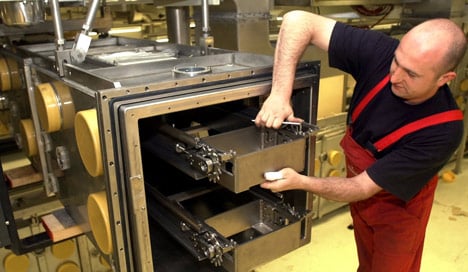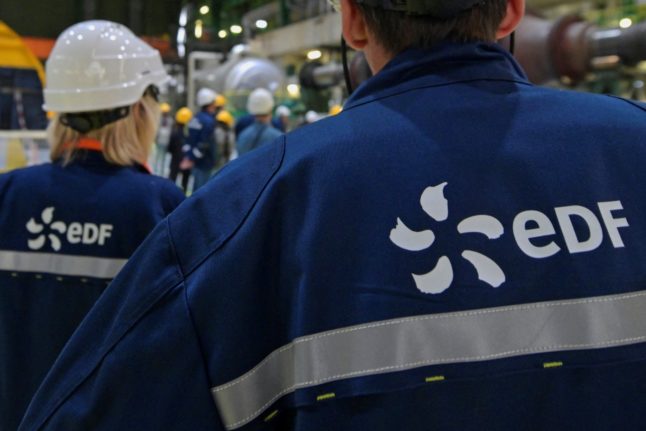“We will no longer be involved in overall managing of building or financing nuclear plants. This chapter is closed for us,” he said, explaining that Siemens would restrict its activity to dual-use technology.
“We will from now on supply only conventional equipment such as steam turbines. This means we are restricting ourselves to technologies that are not only for nuclear purposes but can also be used in gas or coal plants.”
Löscher said his group’s decision to withdraw from the nuclear industry reflected “the very clear stance taken by Germany’s society and political leadership.”
The German government announced its decision to abandon nuclear power by 2022 in the wake of the disaster at Japan’s Fukushima nuclear plant.
Germany is the first major industrialised power to agree an end to atomic power since the disaster, the world’s worst since Chernobyl in 1986, which forced the evacuation of tens of thousands of people living near Fukushima.
Germany wants to boost the share of the country’s power needs generated by renewable energies to 35 percent by 2020 from 17 percent at present.
Siemens produces gas turbines and equipment used to produce solar and wind power.
AFP/kdj



 Please whitelist us to continue reading.
Please whitelist us to continue reading.
Member comments